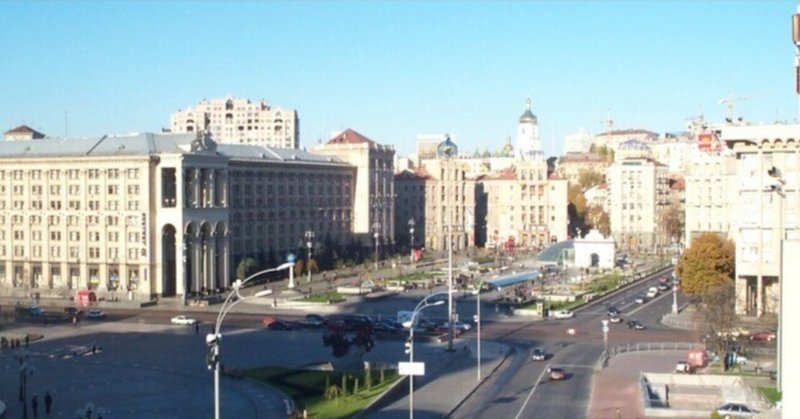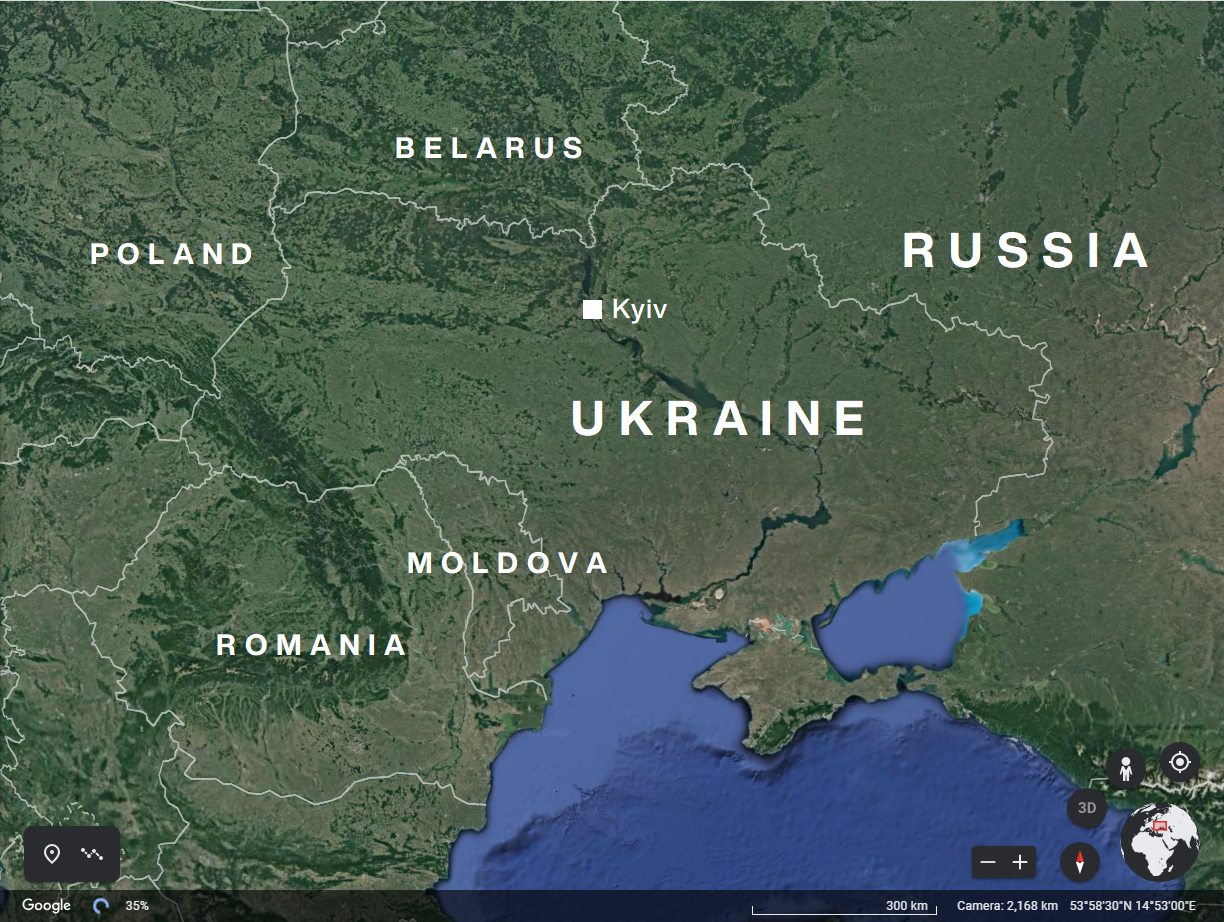‘Great Game’ is back, but the odds are against the West
With the start of the Russian invasion, the situation in Ukraine has entered a new phase. However, there is no denying that western countries lack spirit though they have stepped in with condemnation and sanctions.
In the history, it has been the scene of great power struggles for supremacy, as in this case. A prime example is Afghanistan. In the 19th century, the Russian Empire and Britain fought a war known as the ‘Great Game’, likened to a chess board. During the Cold War, the Soviet Union invaded Afghanistan in support of the communist government, and the US responded to it by funding insurgent guerrillas. The former was settled by establishing a buffer state and the latter by the withdrawal of Soviet troops.
This time, the situation in Ukraine is different from that in Afghanistan in two respects.
The first is the topography. The majority of Ukraine consists of flatlands, such as steps and plains. Therefore, from Russia’s point of view, Ukraine is more accessible to attack than Afghanistan, which is made up of steep mountainous terrain. In addition, there are no guerrillas or other troublesome elements that are common in mountainous regions.
Secondly, Ukraine is a landlocked state. The Arabian Sea lies to the south of Afghanistan and Pakistan, while Ukraine lies further north on the Black Sea. Unlike Afghanistan, which is close to the open sea, Russian warships would have to pass through the Bosphorus and the Dardanelles to reach the Mediterranean Sea even if they were to take control of the whole of Ukraine. Therefore, the West would have little incentive to risk defending Ukraine. It may be one of the reasons why NATO is hesitant to deploy troops.
From the above, it can only be said that the odds are clearly against the West this time. Depending on the future situation, not only the eastern part of Ukraine but also the capital Kyiv may fall, and Russia will take over even the whole of Ukraine. The West will be reluctant to take any risks and, in the worst case, will leave Ukraine in the lurch.
If this happens, the Carpathian Mountains in the east of Hungary will become a de facto line of defence of the West. And Turkey, with its Bosphorus and Dardanelles straits and its current opposition to sanctions against Russia, is expected to be a source of concern.
Armed border changes have not occurred since the Cold War. Allowing such a precedent to be set could have repercussions in other areas where national identities are divided, for example in Taiwan. The western allies lack a sense of crisis. They need to take urgent action before it is too late.




